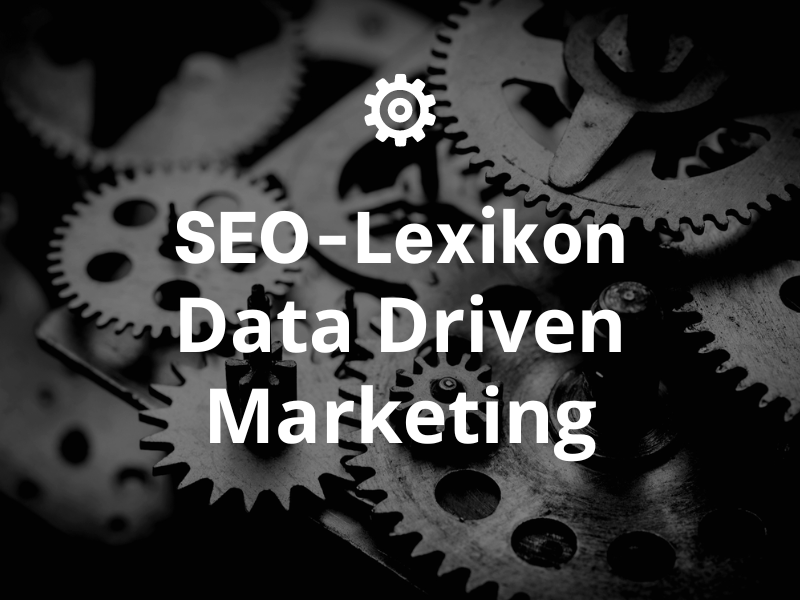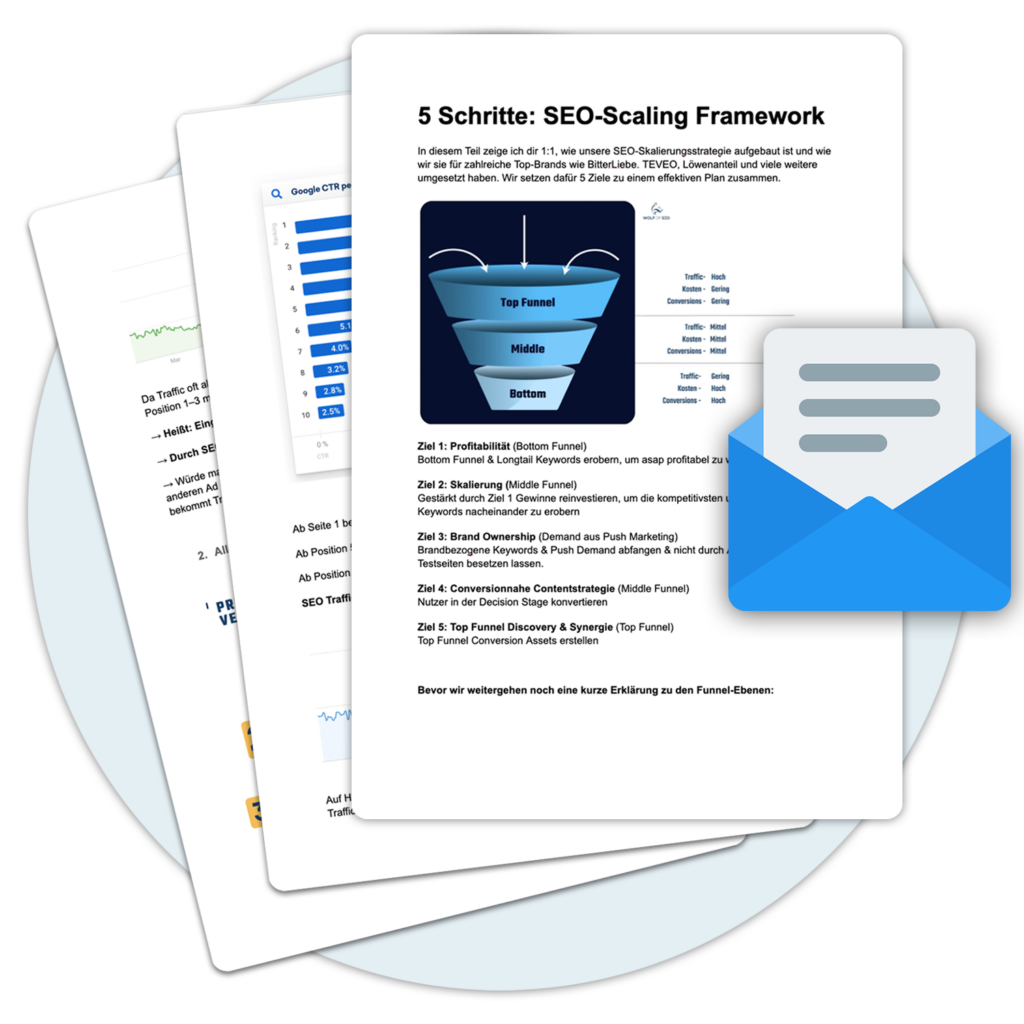Data-Driven Marketing is the approach to optimizing marketing strategy based on customer information. Data-driven marketing methods use customer data to predict their needs, wants and future behavior. These insights help develop personalized marketing strategies to achieve the highest possible return on investment (ROI).
Data-Driven Marketing Advantages
In the following, we will discuss the advantages of the Data-Driven Marketing can have for your company.
1. more information about your target group and users
Any information about customers enables marketers to gain an accurate understanding of their target audience. Insights from CRM (customer relationship management), for example, can increase a marketer's ability to further predict customer behavior.
This results in marketing campaigns guaranteeing that they reach customers with the right message at the right time.
2. building a stronger bond with potential customers through data-driven marketing.
With the help of data, marketers can build a much better relationship with their target audience.
The vast amount of data from an almost infinite combination of media, devices, platforms, and channels offers marketers the opportunity to deliver customer experiences on a large scale of 1:1. When used skillfully, a company with a million customers can deliver just as tailored an experience as a small business with a few customers.
3. identification of the most profitable channels through data-driven marketing
Not only can data reveal audience preferences, but it can also show which channels a brand should use to engage its audience now and in the future.
These insights, in turn, can help place the message where the target audience is or will soon be.
How to develop a marketing strategy based on data
Building a data-driven marketing strategy is a broad topic. Here is a brief overview of the development of a Data-Driven Marketing Strategy:
ScStep 1: Set goals for the data.
Before you start collecting data, you need to decide what you want to accomplish with the data. You need to set a clear goal for the use of the data.
Why? Because your goals will guide your next steps. You'll know what information to gather. Where to get it. And also what insights you need to look for.
Step 2: Collecting the data.
After you have determined your goals, you need to figure out what information you want to gather. Look at your goals and think about what information might help you with your strategy. Then you need to figure out where to access the data.
Step 3: Collect and organize the data.
This step involves two actions. The first is deciding on a data platform to organize the data. The other is using the platform to collect your data sources.
Step 4: Measure and track progress.
Finally, you need to develop a process that allows you to optimize the performance of your Data Driven Marketing monitor your campaign. This allows you to better analyze your actions and use the findings to optimize your marketing strategies
« Back to Glossary Index






 By
By 